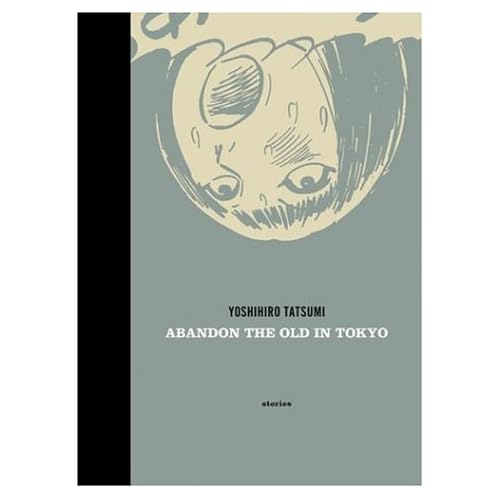
I was recently asked what my favorite book was. The question was actually addressed to another fellow sitting on the table, but all of us eventually chimed in. What does it mean, "favorite book"? There are books that one read as a 17 year old and it forever stays with you. Someone owned up to liking Ayn Rand. Another adored Italo Calvino's If on a Winter's Night a Traveller.
The key here, as The Guardian says, is that the sort of book you read early on defines you and takes you for a life turn. It's not just a "favorite" book--it's a "cult" book--the sort "often found in the pockets of murderers; books that you take very seriously when you are 17; books whose readers can be identified to all with the formula '
Browsing the list of books, I saw two which I really did read at seventeen: Sylvia Plath's The Bell Jar and Erica Jong's Fear of Flying. Albert Camus' The Stranger. Then there is J.D. Salinger's The Catcher in the Rye, of course. But that didn't quite hit me as all the teenage girls going crazy or slashing wrists kind of books. Or the "this is the secret to the meaning of life" book. Not in the list is Jostein Gaarder's Sophie's World, beloved of all freshmen who had to take a philosophy class. In the list is The Prophet, which to this day I still can't stand or finish, even after one of the professors in university assigned it as required reading in class.
